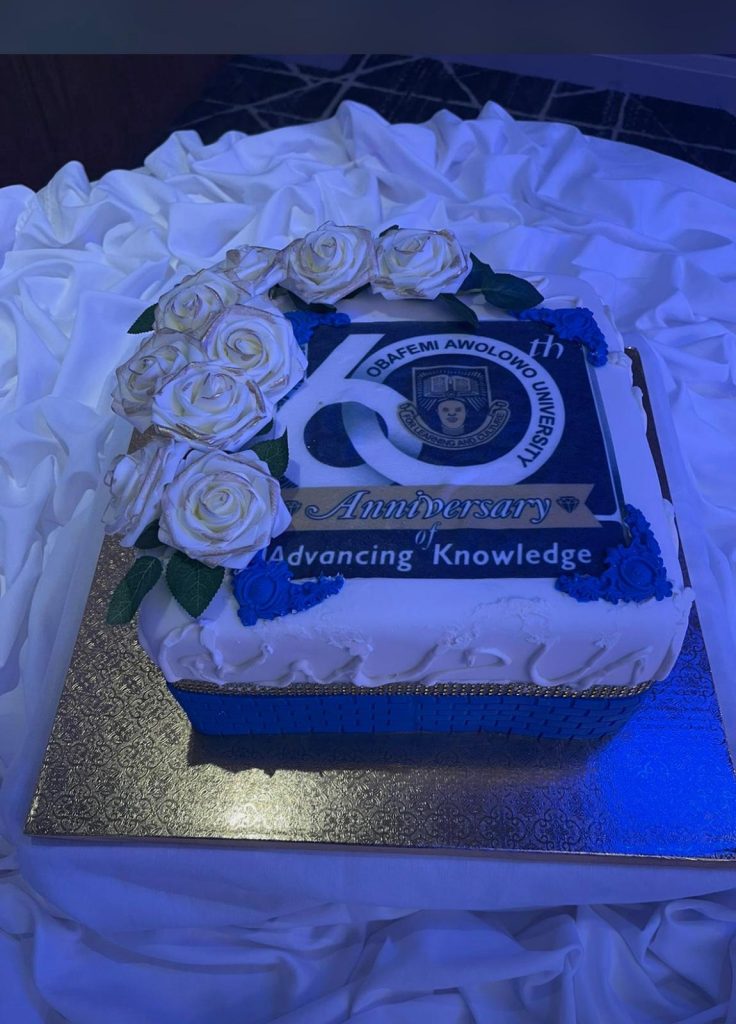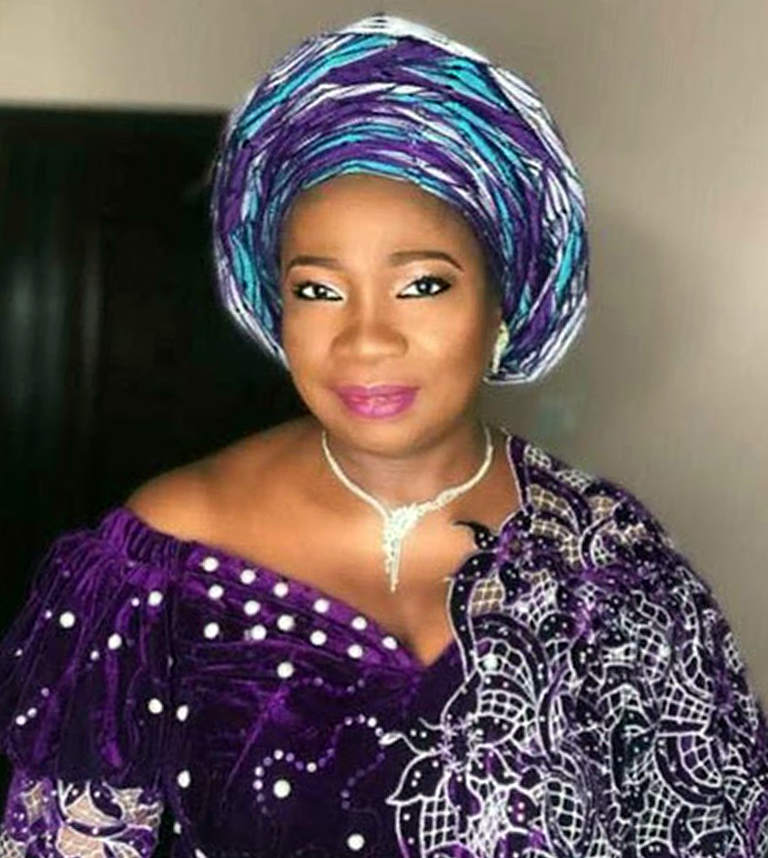-Adetunji Omotola.
Today is Democracy day in Nigeria and below is the extensive profile of the man that this day is named after. Chief Abiola won the 1993 Presidential elelctions which was annulled by General Ibrahim Babangida. The elections were the freest and fairest in Nigeria’s history and its cancellation led to a political crisis popularly known as ‘June 12’ in Nigeria.
Chief Abiola died in jail after five years in solitary confinement. His young wife Kudirat was killed by assassins on instructions from the military junta in June 1996. He was regarded as Africa’s Pillar of Sports.
Chief Moshood Kashimawo Olawale Abiola, also known as MKO Abiola GCFR (24 August 1937 – 7 July 1998) was a Nigerian Yoruba businessman, publisher, politician and aristocrat of the Egba clan. He was the Aare Ona Kankafo XIV of Yorubaland.
MKO Abiola ran for the presidency in 1993, for which the election results were annulled by the preceding military president Ibrahim Babangida because of allegations that they were corrupt and unfair. Abiola was awarded the GCFR posthumously on 6 June 2018 by President Muhammadu Buhari and Nigeria’s democracy day was changed to June 12.
Abiola was a personal friend of Babangida and he is believed to have supported Babangida’s coming to power.
Abiola’s support in the June 1993 presidential election cut across geo-political zones and religious divisions, among a few politicians to accomplish such a spread during his time. By the time of his death, he had become an unexpected symbol of democracy.
M. K. O. Abiola was born in Abeokuta, Ogun State to the family of Salawu and Suliat Wuraola Abiola. His father was a produce trader who primarily traded cocoa, and his mother traded in kola nuts. His name, Kashimawo, means “Let us wait and see”. Moshood Abiola was his father’s twenty-third child, but the first of them to survive infancy, hence the name ‘Kashimawo’. It was not until he was fifteen that he was properly named Moshood by his parents.
Abiola attended African Central School, Abeokuta for his primary education. As a young boy, he assisted his father in the cocoa trade, but by the end of 1946, his father’s business venture was failing precipitated by the destruction of a cocoa consignment declared by a produce inspector to be of poor quality grade and unworthy for export and to be destroyed immediately.
At the age of nine he started his first business selling firewood gathered in the forest at dawn before school, to support his father and siblings. Abiola founded a band at the age of fifteen and would perform at various ceremonies in exchange for food. Abiola was eventually able to require payment for his performances, and used the money to support his family and his secondary education at the Baptist Boys High School Abeokuta. Abiola was the editor of the school magazine The Trumpeter, Olusegun Obasanjo was deputy editor. At the age of 19 he joined the National Council of Nigeria and the Cameroons ostensibly because of its stronger pan-Nigerian origin compared with the Obafemi Awolowo-led Action Group.
In 1960, he obtained a government scholarship to study at the University of Glasgow, where he later earned a degree in accountancy and qualified as a chartered accountant. He later became a Fellow of the Institute of Chartered Accountants of Nigeria (ICAN).
Business career
In 1956 Moshood Abiola started his professional life as a bank clerk with Barclays Bank in Ibadan, South-West Nigeria. After two years he joined the Western Region Finance Corporation as an executive accounts officer, before leaving for Glasgow, Scotland, to pursue his higher education. From Glasgow University he received a first class degree in accountancy] and he also gained a distinction from the Institute of Chartered Accountants of Scotland. On his return to Nigeria, Abiola worked as a senior accountant at the University of Lagos Teaching Hospital, then went on to US firm Pfizer, before joining the ITT Corporation, where he later rose to the position of Vice-President, Africa and Middle-East. Abiola spent a lot of his time, and made most of his money, in the United States, while retaining the post of chairman of the corporation’s Nigerian subsidiary.
While Abiola worked at the Nigerian subsidiary of Pfizer pharmaceuticals, his desire was to own some equity in the firm but the options available to him was not appealingHe then applied to a job listing seeking a trained accountant, it was during the interview that he found out the firm was ITT Corporation. Abiola was employed by the firm and one of his immediate responsibilities was to clear the backlog of debt owned the firm by the military. An office meeting with the army’s Inspector of Signals, Murtala Mohammed to seek a resolution of the debts resulted in verbal argument heard by the Chief of Army Staff Hassan Usman Katsina. The intervention of Katsina ended up being favorable to Abiola as he was given a check to cover the debt. Abiola used his determination to clear the debts as a bargaining tool for more role in the company, initially he was able to remove the expatriate manager but was unable to get a requested 50% equity in the Nigerian arm of ITT. Abiola subsequently established Radio Communications (RCN) as a side business, new employees were trained in marketing of telecoms equipment and Abiola targeted the military who were replacing civil war era equipment as business clients.[25] His marketing strategy proposed training of military personnel in the use of equipment so as to reduce reliance on outside vendors for maintenance, this strategy gained favor in a security conscious armed forces. Abiola soon received a contract to supply hardware to the military that got the attention of ITT and he was offered 49% equity ownership of its Nigerian arm.
RCN went on to develop a static communications network for the armed forces signal unit and Nigeria’s domestic satellite communications. In 1975, ITT and partners secured a major contract to supply automatic telephone exchanges in a number of locations within the country.
In addition to his duties throughout the Middle-East and Africa, Abiola invested heavily in Nigeria and West Africa. He set up Abiola Farms, Abiola Bookshops, Radio Communications Nigeria, Wonder Bakeries, Concord Press, Concord Airlines, Summit Oil International Ltd, Africa Ocean Lines, Habib Bank, Decca W.A. Ltd, and Abiola football club. He was also Chairman of the G15 business council, President of the Nigerian Stock Exchange, Patron of the Kwame Nkrumah Foundation, Patron of the WEB Du Bois foundation, trustee of the Martin Luther King Foundation, and director of the International Press Institute.[28] In 1983, he teamed up with Shehu Musa Yar’Adua, Bamanga Tukur and Raymond Dokpesi to establish Africa Ocean Lines. The firm began operations in 1984 using chartered vessels before acquiring two cargo ships in 1986 with a capacity for 958 TEUs. The shipping firm’s route linked the major shipping ports along the West African coast with United Kingdom and Northern Europe.









